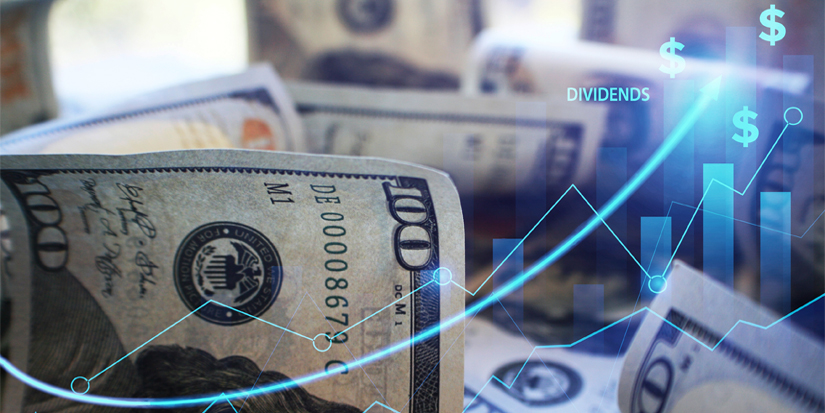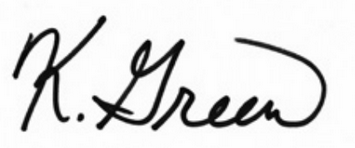The true investor will do better if he forgets about the stock market and pays attention to his dividend returns and to the operation results of his companies.
—Benjamin Graham, The Father of Value Investing
Ok, I get it. If you’re trying to buy or refinance a home, you definitely want interest rates to head lower. Borrowers want rates to be as low as possible. But as a dividend investor, I don’t worry about what the Federal Reserve is doing with the Fed funds rate.
Yes, even despite the current rate being the highest in 22 years.
Last week, the Fed held rates steady once again, allowing the 11 rate hikes we’ve seen to continue to cool inflation. Fed Chairman Jerome Powell is not ready to declare victory in that battle.
Investors, though, were encouraged by the Fed’s dot plot that suggested a Fed funds rate in the 4.6% range in 2024 versus today’s 5.25–5.5%.
The “dot plot” is a chart with each Fed board member’s forecast for where the Fed funds rate will be at the end of each year over the next several years. It is updated quarterly and closely watched by investors. The dot plot and Powell’s comments about not waiting too long to start cutting rates have investors buzzing.
The markets responded as you’d expect:
The Dow burst to an all-time high
The S&P 500 shot above 4,700 for the first time since January 2022
The seventh straight weekly gains for all three major indices (Dow, S&P 500, & Nasdaq).
The 10-year treasury bond ended the week below 4%. Markets are now pricing in Fed rate cuts starting in March.
This is all speculation until Powell announces an actual cut. Even then, I’m not changing my strategy.
Dividends Perform in All Markets
According to a 2018 study by Global X ETFs, high-dividend paying stocks outperformed the S&P 500 in 7 out of 10 rising interest rate periods. The study looked at the 58 years from January 1960 to December 2017 and used the 10-year US Treasury as the rate benchmark.
A ProShares report from 2015 concluded that dividend growers outperformed stocks with high-dividend yields regardless of the interest rate direction, as seen in the following chart.
These might look like cherry-picked statistics from my “The Case for Dividends” file, but that doesn’t make them any less valid.
I am still patiently waiting for the post-COVID new normal to fully take hold and see how it impacts studies on dividends and the direction of interest rates. We will probably have to wait another year or two on that front.
Our Dual Dividend Strategy Works
We are not interested in companies with a measly 1% or 2% yield. For over a decade, I have targeted great dividend growers paying at least 3.5% and spotted special situations paying above 6%.
The first group of stocks is in the Bedrock Income section of the portfolio. This is the foundation of our dividend strategy. It follows the formula that time in the market is more important than timing the market. We reinvest those dividends to leverage the time our money is in the market.
The higher dividend stocks make up the Current Yield section of the portfolio. These usually have shorter holding periods, and we use them as income streams where the dividend is taken as cash.
Right now, the Yield Shark Bedrock Income stocks with a buy recommendation have yields that range from 3.7%–7.6%. The Current Yield stocks marked as buy have yields from 4%–12.2%.
I believe in dividends and have not been tempted to sell my stocks and buy a 5% CD or T-bill. Those doing so are attempting to time the market—and we know how that turns out.
We’ve been working hard to get good entry prices during big market swings over the past few years. I see so many people getting bent out of shape about trying to predict rates right now. Follow the news if that makes you happy… but don’t let your emotions get in the way of our time-tested strategy.
For more income, now and in the future,





